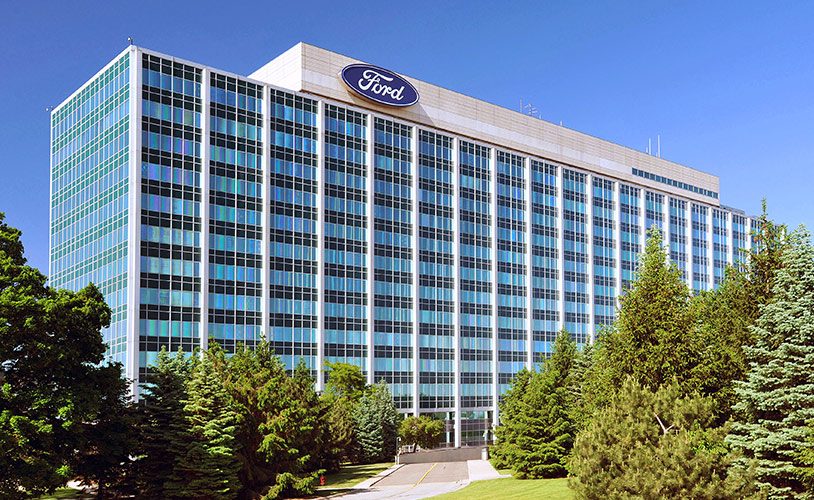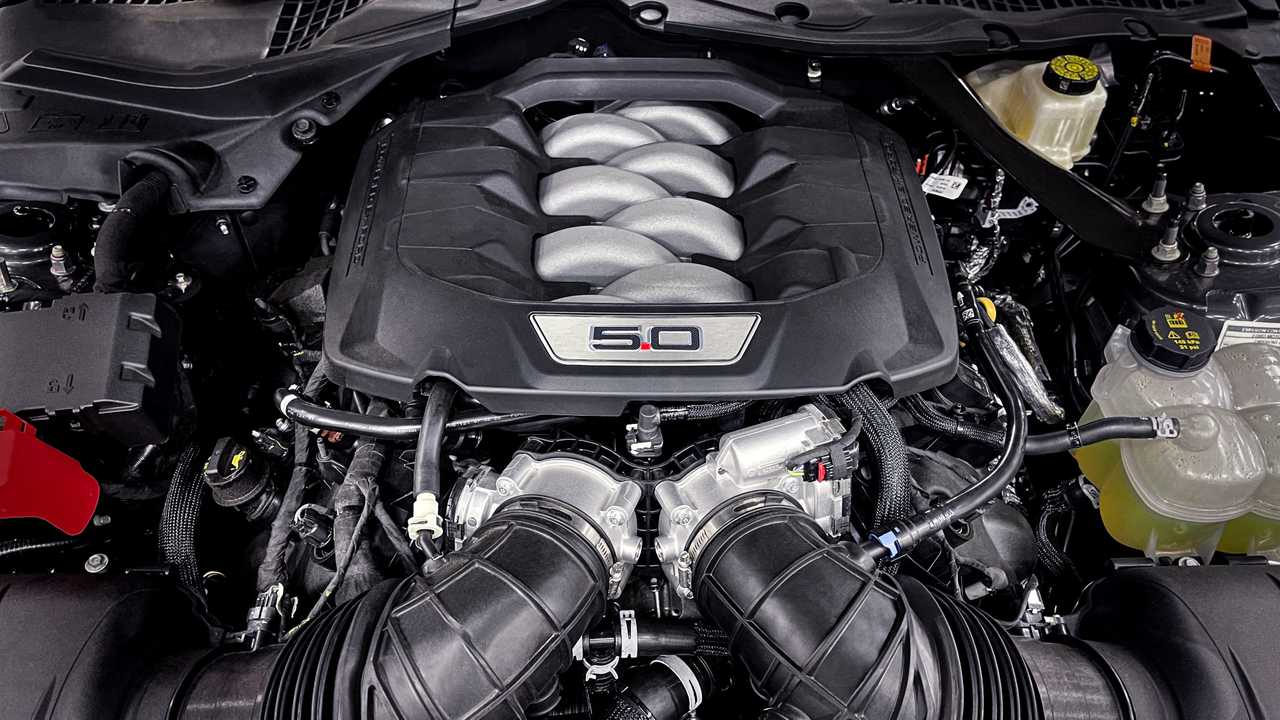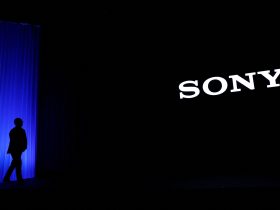Ford Motor sees a significant opportunity to expand Mustang sales, positioning itself as the last American muscle car featuring a traditional V8 engine, a characteristic that resonates with generations of enthusiasts drawn to high-performance vehicles.
The company’s optimism stems from the recent cessation of production of muscle cars by Mustang’s American counterparts.
General Motors discontinued the Chevrolet Camaro, while Stellantis ended production of its Dodge Challenger V8, paving the way for Ford Mustang to dominate the segment.
This shift reflects changing consumer preferences away from two-door cars, coupled with stricter fuel economy standards and the rise of all-electric vehicles offering unparalleled acceleration.

Jeff Marentic, general manager of Ford Blue products, emphasized Mustang’s continued relevance both domestically and internationally, particularly as the iconic model approaches its 60th anniversary on April 17.
He noted that the absence of competing models benefits Ford, positioning the Mustang as the quintessential American sports car for enthusiasts seeking uncompromised performance.
While Marentic refrained from disclosing specific sales projections, he highlighted Ford’s commitment to Mustang by introducing new V8 models for the seventh generation, such as the Dark Horse.
Despite the industry’s push towards efficiency, Ford has maintained the popularity of Mustang V8 models by enhancing their fuel efficiency and offering smaller, turbocharged four-cylinder engines, which now constitute nearly half of Mustang sales in the U.S.
Additionally, Ford’s introduction of the all-electric Mustang Mach-E crossover, although distinct from the traditional coupe, expands the Mustang brand’s appeal while aligning with environmental concerns.

Internationally, Mustang’s popularity remains robust, with strong demand in Europe, where the V8 model accounts for a significant portion of sales.
The seventh-generation Mustang, introduced in September, has commenced global shipments, targeting 85 markets across all continents except Antarctica.
While U.S. Mustang sales have experienced a decline in recent years, international registrations have surged, surpassing 235,000 units since 2015.
Notably, the right-hand drive models introduced in countries like the United Kingdom, Australia, and Japan have fueled global demand.
Marentic emphasized Mustang’s enduring appeal, citing its strong resonance with consumers worldwide. However, he refrained from discussing specific future product plans, including the potential for hybrid or all-electric variants of the iconic model.







Leave a Reply